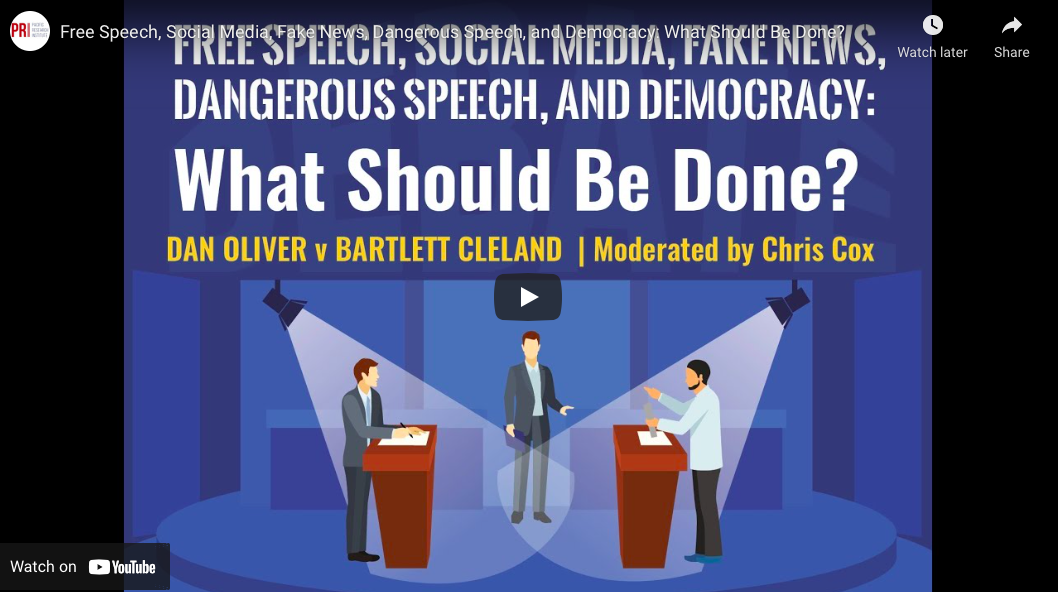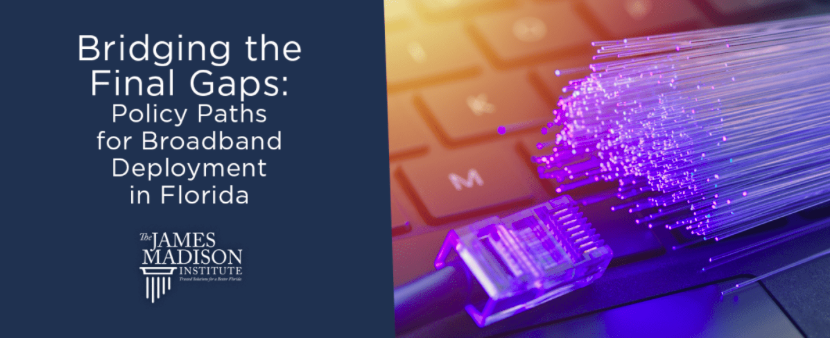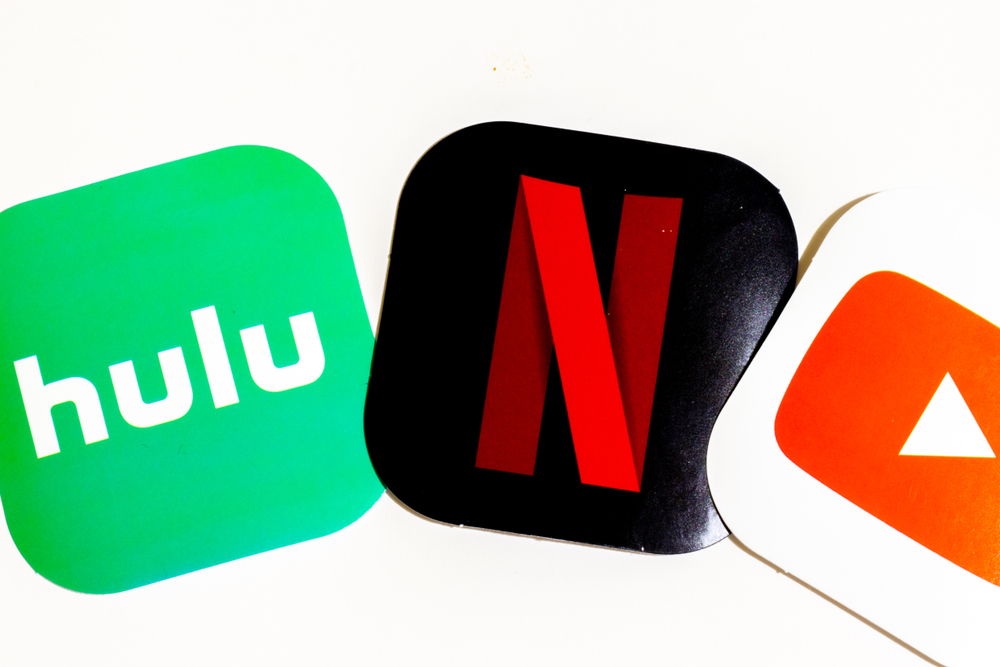Usage based billing (UBB), also referred to as pay as you go, pay-per-unit, or metered pricing, amongst others, is a billing model used across a variety of industries that charges users based on what they actually use instead of a fixed rate that is the same for everyone. This billing approach is common for services where usage can vary widely, and the approach is increasingly common especially as software-as-a-service continues its popularity with customers.
Of course, there are always those who believe they have a better way for a business to operate, and for some of those people UBB is just not acceptable. They envision an online world where everyone pays the same no matter what they are doing online. Someone who only needs access to read and send email would be charged the same as the upstart crypto miner down the block; the person only reading restaurant reviews on Saturday would pay the same as 24/7 high-definition graphics game player.
Imagine purchasing electricity this way. Your 1,200 square foot house only cooled to 74 degrees in August would cost the same as the 10,000 square foot, 64-degree house down the road. How about paying the same to take an Uber to the grocery store while your neighbor takes one across the country and you both pay the same rate? This system works for no one, except maybe the regulators. Regulators, and legislators, are often so eager to require that certain industries operate in a manner they imagine is most beneficial that they forget the damage they do to consumers and innovation.
Innovation takes many forms. Most obvious, perhaps, is the new gadget, but services, operations and billing practices all result in greater benefits for consumers when those functions also are infused with innovation.
Government forcing internet service providers, or any business, to sell their product or service at a fixed price rather than a pricing system that works for them and their customers is just run of the mill price controls. Those who claim that ending the option to offer usage based billing protects consumers ignore the practice’s wide use throughout our economy. Even worse, they ignore the economic damage that their arbitrary restriction would visit upon most consumers, especially those who use internet access less than average.
So, who are those who have internet access but use it less than others? To answer in the reverse, according to Pew Research, urban residents under 50 years old are the heaviest users and often report that they are “always on.” Suburban users less so and rural users even less. Those 65 years old and older also use the internet less. These then are the biggest losers in this government regulatory scheme — suburban and rural retirees.
The pursuit of one price fits all also signals a deep and disturbing misunderstanding of how an internet service provider operates. Despite some politician’s stated understanding, the internet is not “a series of tubes.” Delivering access to broadband is not akin to delivering water to a home. Rather, the demand on the network, and hence the costs, are dynamic.
Networks are in an almost constant state of expansion and improvement as consumers demand faster, better and further reaching systems. UBB meets this reality by allowing providers to change their pricing as offerings, conditions and consumer demand warrants. Individuals win as services meet the moment.
Regulators may have a role to play but that role is not to curtail innovation and most certainly is not to harm consumers. If they have their way and end UBB for service providers, the losers will not just be those forced to pay higher prices for less but the American innovation landscape broadly.

IEI Signs Coalition Letter Opposing State Regulations on App Stores
Click Here to Read the Letter

WATCH: Free Speech, Social Media, Fake News, Dangerous Speech, and Democracy: What Should Be Done?
Pacific Research Institute is proud to present a virtual debate on free speech and the role of social media in moderating online content. PRI brings together an unmatched team of experts including former Congressman Chris Cox, one of the original authors of Section...

Industry Helping Government Help People
Businesses, or industry in general, can help the government help people outside of the traditional public-private partnership model. While some may dismiss this help or others may criticize efforts outside of the traditional models, businesses in certain scenarios can...

Bridging the Final Gaps: Policy Paths for Broadband Deployment in Florida
The broadband industry has invested billions of dollars in covering the country with ever faster, ever more ubiquitous broadband. From one generation of broadband to the next, the country continues to benefit from private industry best serving its customers with new...

GOP. Government Ovation Party?
Almost predictably, when Democrats take control of a legislature in a state, the governor’s mansion, a chamber of the U.S. Congress or the White House, the first volley of political rhetoric is that the party of big government is back. They will tax, grow regulation...

To Defend Conservative Media, GOP Must Defend the Constitution
By Rick Santorum Republicans have long understood that the modern Democratic Party has little patience for free expression. Leftist speech police shut down debate on college campuses; biased media outlets like MSNBC lambasted President Trump’s language instead of...

The Golden Age of Streaming Has Begun, Enjoy Every Episode
Less than two weeks before the release of “Wonder Woman 1984,” Roku Inc. and WarnerMedia had yet to reach a deal that would allow for the streaming of the movie or any other HBOMax content on Roku. Reportedly, Roku had set tough terms and WarnerMedia was refusing to...

IEI Files Amici Curiae Brief on Massachusetts Port Authority Vs. Turo Inc.
Massport v. Turo - Brief of amici curiae

The Wonders of 2020
In a year like 2020 it can be easy to miss the wonder in so much around us, including the amazing innovations happening even during the adversity we have faced. However, without the proper public policy much of the advancement would have been slower at least, lost at...

Policy Gone Viral: Andrea O’Sullivan and Bartlett Cleland Talk Telecom
On this episode of Policy Gone Viral, James Madison Institute's Andrea O'Sullivan talks with Bartlett Cleland, Executive Director of the Innovation Economy Institute. Click Here to WATCH the Interview


Recent Comments